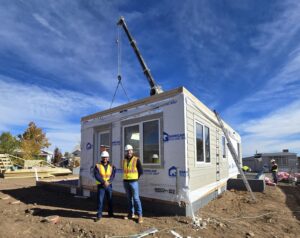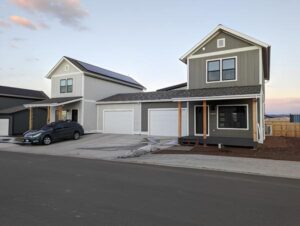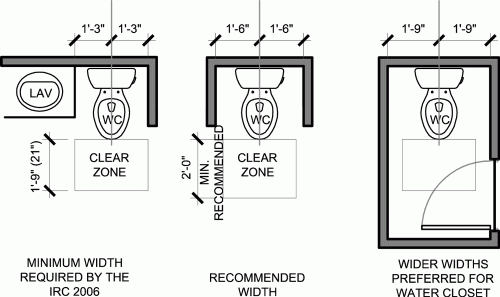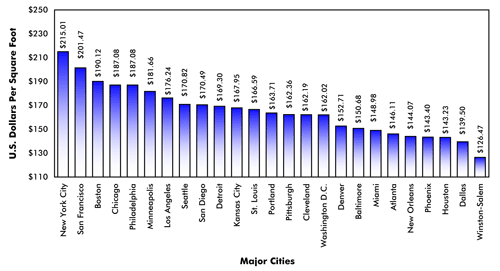Understanding the New Colorado Model Electric Ready and Solar Ready Code
Starting January 1, 2025, Colorado will adopt the 2021 IRC and the new Colorado Model Electric Ready and Solar Ready Code. 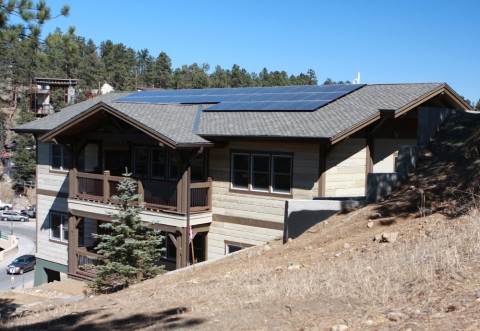
These requirements apply to all projects statewide in areas without local governance and to offsite-constructed projects. Many local jurisdictions are already working toward adopting these codes. Below are a few of the key takeaways and design considerations for each discipline. Note there are many other considerations, so contact us at EVstudio and we can assist you with your project.
Architects
- Design mechanical rooms with extra physical space for future systems, requiring close coordination with MEP engineers.
- Ensure roof designs include minimum clear solar-ready space, free of penetrations or shading, based on project type and size.
- Incorporate future EV parking spaces into site design layouts.
MEP Engineers
- Plan for extensive conduit runs to support future roof solar systems and EV parking spaces.
- Allocate extra space in electrical panels for future equipment and EV parking power requirements.
- Collaborate with architects to ensure mechanical rooms can accommodate future heating systems.
- Include condensate drains to support future equipment needs.
- Coordinate all roof penetrations with architects to maintain clear solar-ready zones.
Structural Engineers
- Design roofs to handle the additional dead load for future solar installations within the designated solar-ready zones.
Civil Engineers
- Plan sites to accommodate future EV charging spaces, ensuring compliance with the new requirements.
These changes require proactive coordination among all disciplines to ensure projects meet the new standards effectively and efficiently.



